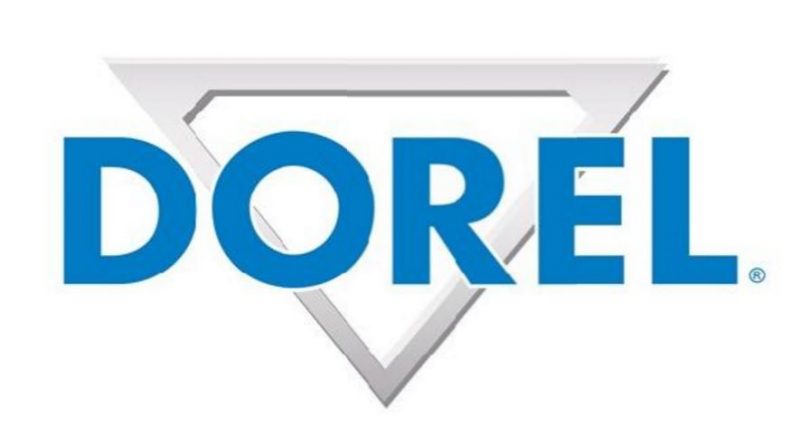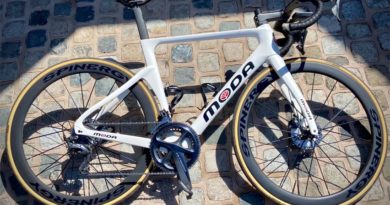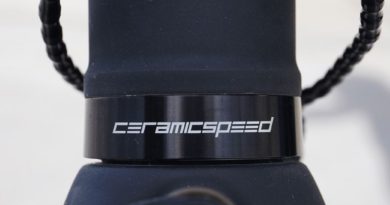Sluggish cycling sales contribute to $11.6 million net loss for CSG parent Dorel
Dorel today posted its financial results for 2016, within which it was revealed that the cycling division played a part in an overall net loss of $11.6 million.
With revenues declining by 3% to $ 2.60 billion, the Cycling Sports Group parent’s sports division saw a 6.1% revenue drop, resulting in an operating profit loss nearing $34 million. Previously in 2015 the same division turned an operating profit of $11 million.
Martin Schwartz, Dorel President and CEO offered of the results: “Our management teams successfully navigated through challenging conditions in several markets in 2016. I am pleased with the results achieved across our business units. There was notable progress in inventory control and cash flow management. As such, we are considerably less leveraged than a year ago. Despite the reduced top line at Dorel Sports, efforts at mitigating the headwinds in bikes were successful as fourth quarter adjusted operating profit increased almost 11%.”
Fourth quarter sports revenue decreased US$18.4 million, or 7.3% to $235.3 million. Organic revenue declined approximately 14.6% when removing currency rate fluctuations and the revenue gross-up generated by the transition of Cycling Sports Group (CSG) International business from a licensing model to a distribution platform. Since this year’s third quarter, CSG International’s shipments have been recognized as net sales and associated expenses in cost of sales. Previously these were recognized on a net basis in licensing and commission income.
The quarter’s revenue decline was due primarily to the change in North American CSG dealers’ purchasing habits to reduce their inventory prior to the cycling season which is expected to move fourth quarter orders to the first half of 2017. CSG inventories are now said to be at appropriate levels. December 2016 Bicycle Products Supplier Association (BPSA) data indicates U.S. supplier inventories are down 24.0% and retailer inventory levels down 6.3%.
Full year revenue declined US$61.2 million, or 6.1% to $939.0 million and organic revenue declined by approximately 8.4% when removing currency rate fluctuations and the above-mentioned revenue recognition change impact. The main causes were the change in dealers’ purchasing patterns, industry-wide discounting due to excess inventories at suppliers and retailers during the first half of 2016 and a generally soft global bike market overall.
Fourth quarter operating profit declined US$3.5 million to US$5.0 million and adjusted operating profit increased US$1.0 million, or 10.8% to US$10.2 million when excluding restructuring and other costs. Margin improvements and cost controls offset the reduced sales impact to exceed the prior year’s fourth quarter.
Year-to-date operating loss was US$33.9 million compared to an operating profit of US$10.9 million in 2015. Excluding impairment losses, restructuring and other costs, adjusted operating profit declined US$10.5 million, or 24.9% to US$31.5 million mainly from lower demand and reduced margins from discounting during the first half of 2016. Pacific Cycle had a good year, in part, due to improved supply chain efficiencies. Strategic pricing, cost controls as well as a better product mix allowed Caloi to increase its profitability.
Commencing throughout 2017, restructuring is expected to result in annualized savings of US$5.0 million.
“Dorel Sports worked throughout 2016 to position itself for a rebound in earnings in 2017,” added Schwartz on the Sports Division outlook. “Excess inventories in the industry have been reduced and thus rampant discounting should not be repeated. Improvements made in cost control and supply chain management are expected to contribute to the operating profit, helping to offset any sales softness, should this occur. It is early in the year and visibility for the full year is difficult, but we are confident in the direction of the segment.”



